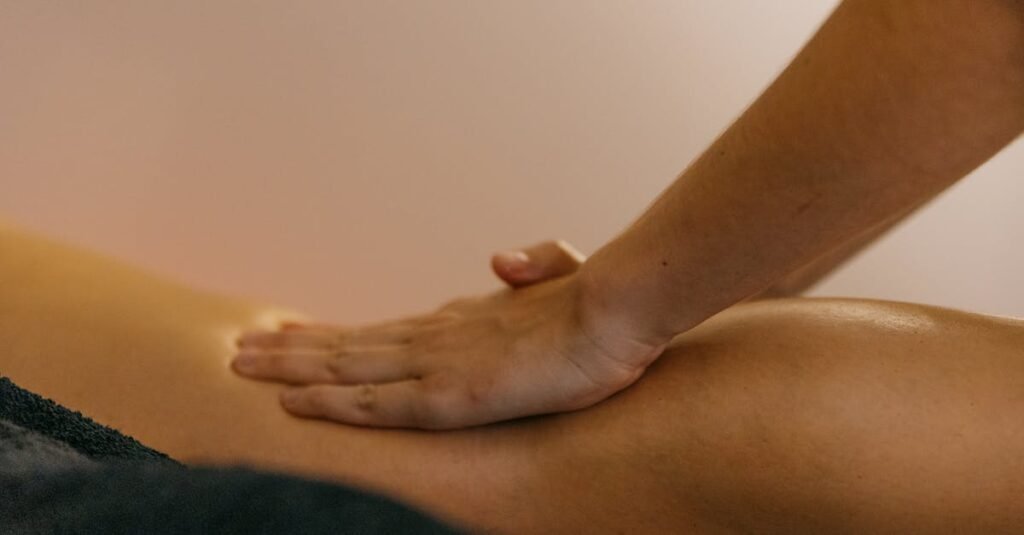Menstrual cramps can be a painful and uncomfortable experience, often extending beyond the abdomen and affecting various parts of the body, including the buttocks. If you’re one of the many women who suffer from cramps in this area during your period, you’re not alone. Fortunately, there are several effective strategies to alleviate this discomfort. In this article, we will explore seven practical methods to help you stop cramps in your buttocks during your period.
| Method | Description |
|---|---|
| Heat Therapy | Applying heat can relax muscles and relieve pain. |
| Gentle Stretching | Stretching can ease tension and improve blood flow. |
| Hydration | Staying hydrated helps reduce muscle cramps. |
| Over-the-Counter Pain Relief | Pain relievers can help manage severe cramps. |
| Dietary Adjustments | Eating anti-inflammatory foods may reduce pain. |
| Massage | Massaging the affected area can relieve tension. |
| Yoga and Relaxation Techniques | Mindfulness and yoga can decrease pain perception. |
Heat Therapy
One of the simplest and most effective ways to relieve cramps in the buttocks is through heat therapy. Applying a heating pad or a hot water bottle to the lower back and buttocks can help relax the muscles and alleviate pain. Heat increases blood flow to the area, which can soothe tight muscles and reduce cramping. For best results, apply heat for 15-20 minutes at a time, ensuring that the heat source is warm but not too hot to avoid burns.

Gentle Stretching
Gentle stretching can be beneficial for relieving cramps in the buttocks. Simple stretches, such as the seated forward bend or the figure-four stretch, can help ease tension in the lower back and glutes. These stretches promote flexibility and improve blood circulation, which can alleviate discomfort. Aim to stretch for a few minutes several times a day, especially when you feel tightness or pain.
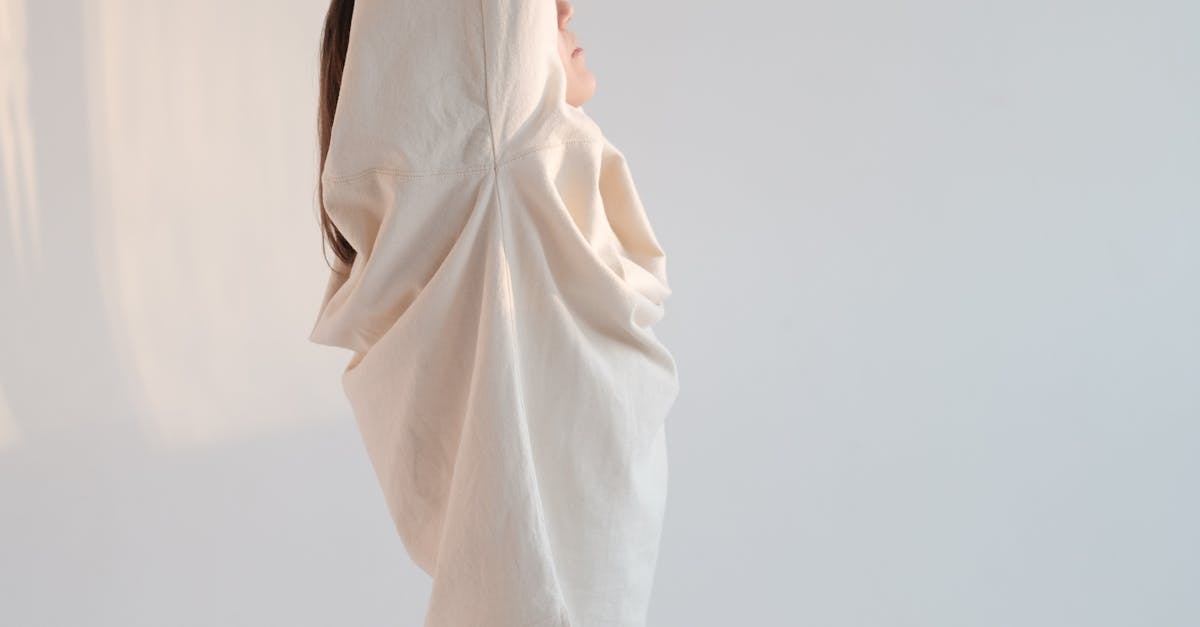
Hydration
Staying properly hydrated can play a significant role in reducing muscle cramps. Dehydration can lead to muscle tension and cramping, so it’s important to drink plenty of water throughout your menstrual cycle. Aim for at least 8-10 cups of water daily, and consider incorporating electrolyte-rich fluids like coconut water or sports drinks if you experience severe cramping. Proper hydration supports muscle function and can help prevent cramps from occurring.
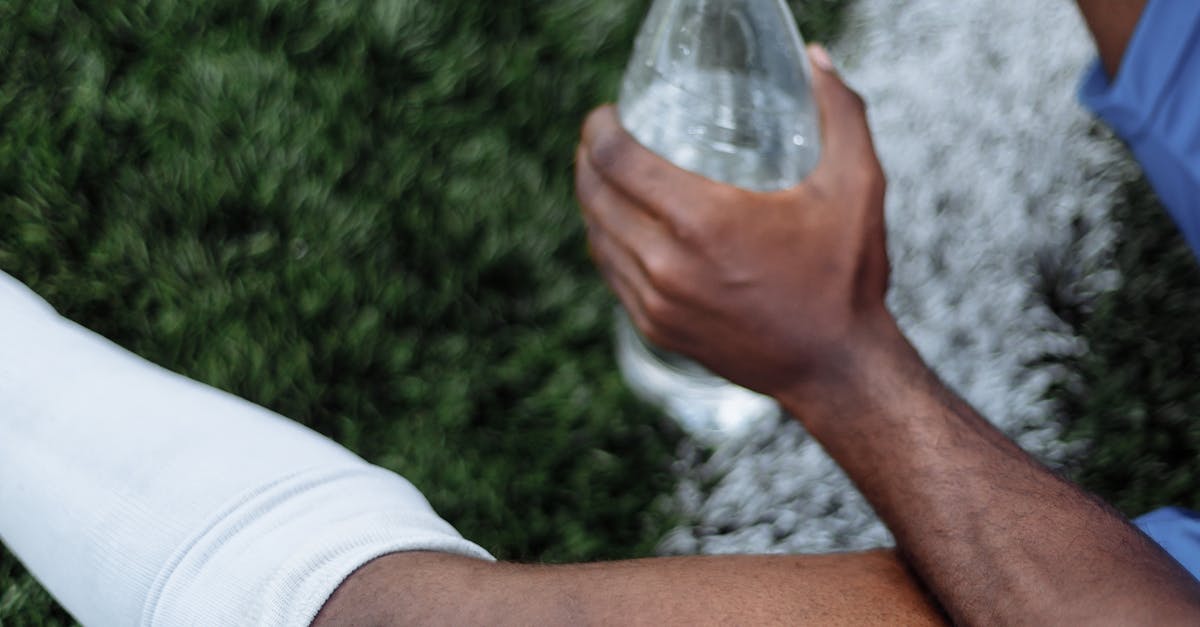
Over-the-Counter Pain Relief
If your cramps are particularly severe, over-the-counter pain relief medications such as ibuprofen or naproxen can be effective in managing pain. These nonsteroidal anti-inflammatory drugs (NSAIDs) work by reducing inflammation and blocking pain signals. It is advisable to follow the recommended dosages on the packaging and consult with a healthcare provider if you have any concerns or underlying health conditions.

Dietary Adjustments
Your diet can significantly impact your menstrual symptoms. Incorporating anti-inflammatory foods such as fruits, vegetables, nuts, seeds, and fatty fish may help reduce cramping. Omega-3 fatty acids, found in fish like salmon and flaxseeds, have been shown to decrease inflammation and may alleviate menstrual cramps. Additionally, limiting processed foods, caffeine, and salt can help reduce bloating and discomfort during your period.
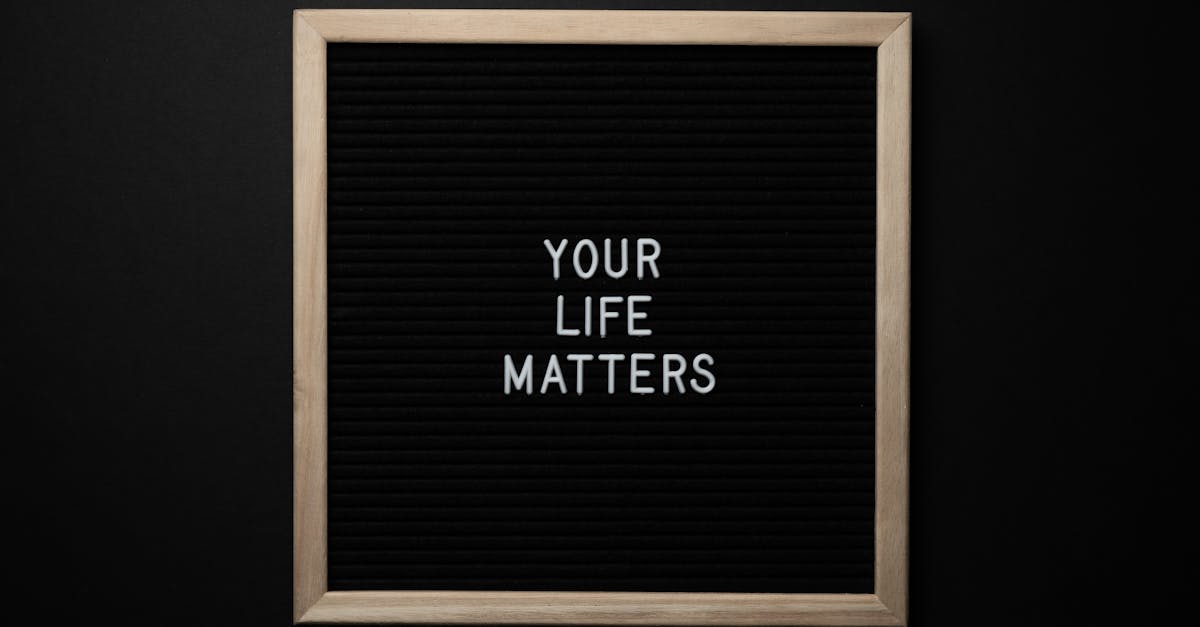
Massage
Massage can be a powerful tool for relieving cramps in the buttocks. Whether you choose to do self-massage or seek the help of a professional, applying gentle pressure to the affected area can help release tension and promote relaxation. Focus on the lower back and gluteal muscles, using circular motions or kneading techniques to alleviate discomfort. Regular massage during your period can help prevent cramps from becoming severe.

Yoga and Relaxation Techniques
Practicing yoga and relaxation techniques can significantly reduce the perception of pain during your period. Yoga poses like child’s pose, cat-cow stretch, and reclining bound angle pose can help open up the hips and lower back, relieving tension and promoting relaxation. Additionally, mindfulness practices such as deep breathing or meditation can help you manage pain by shifting your focus and calming your mind.
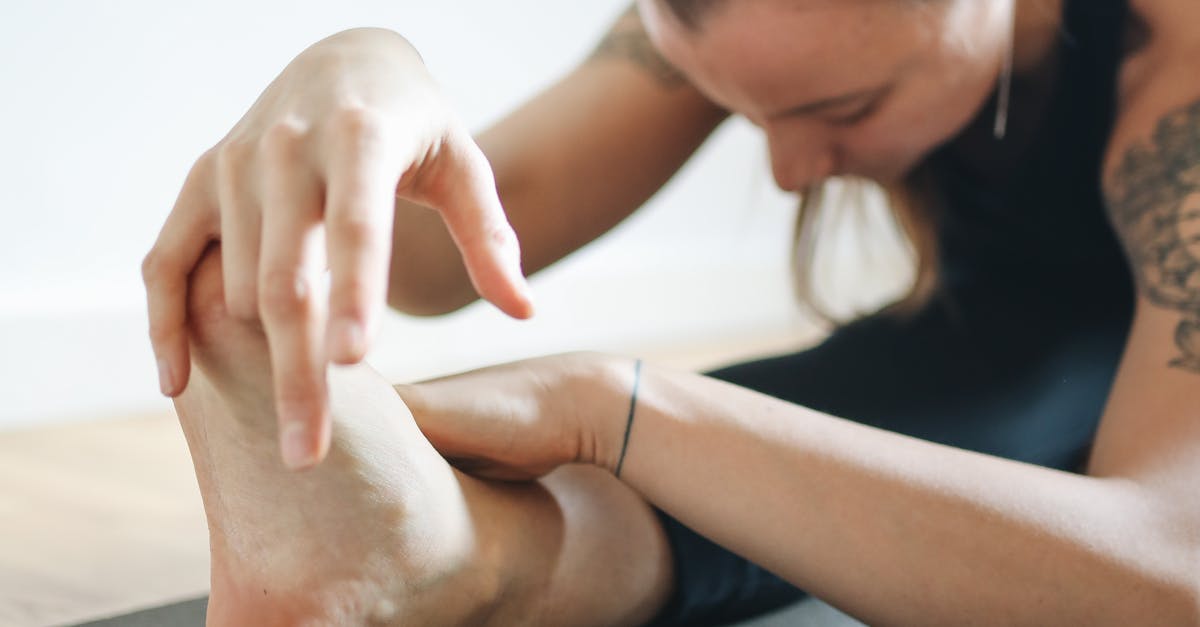
FAQ
What causes cramps in the buttocks during my period?
Cramps in the buttocks during your period are typically caused by the same hormonal changes that lead to abdominal cramps. Prostaglandins, which are hormone-like substances, are released during menstruation, leading to muscle contractions in the uterus and potentially affecting surrounding areas, including the buttocks and lower back.
How long do cramps typically last during menstruation?
Cramps can vary widely in duration and intensity among women. They usually begin one to two days before menstruation starts and can last for a few days, often peaking on the first day of the period. If cramps are severe or persist beyond a few days, it may be advisable to consult a healthcare professional.
When should I see a doctor about my cramps?
You should see a doctor if your cramps are unusually severe, last for an extended period, or are accompanied by other symptoms such as heavy bleeding, fever, or nausea. These could be signs of a more serious condition that requires medical attention.
References:
– [Mayo Clinic – Menstrual Cramps](https://www.mayoclinic.org/diseases-conditions/menstrual-cramps/symptoms-causes/syc-20323757)
– [Cleveland Clinic – Menstrual Cramps](https://my.clevelandclinic.org/health/diseases/9434-menstrual-cramps)
– [National Institutes of Health – Menstrual Cramps](https://www.nichd.nih.gov/health/topics/pms/conditioninfo/symptoms)

